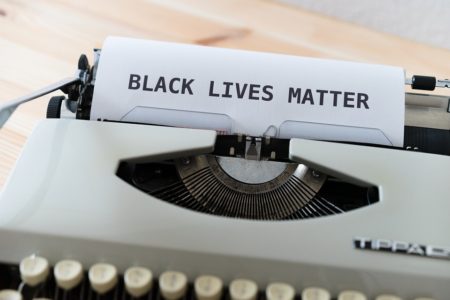For forty years, Sr. Joan Byrne has loved her hands-on work as an Occupational Therapist with children and their families in Memphis, Tennessee. Her particular expertise is in early intervention for children with special needs, and she has worked with children who live with e.g. cerebral palsy, Down syndrome, and autism. At her clinic, she has also worked with teachers of older special-needs children, training the teachers to be supportive of the children in their school setting and in their lives in general. In recent years she has done home visits, helping parents and children in their own environments.
But the global pandemic has changed so much. Since April 2020, Joan has had to work solely by means of teletherapy. Working remotely is possible on a variety of platforms: Zoom, Facetime, and Webex. And with the new and more contagious Delta virus, there’s talk of extending telehealth services through the end of 2023. But of course it is not easy; it requires a lot of extra energy and creativity on the part of the therapist.
Joan works with two six-year-olds at the moment, but most of the children she sees are under three years; one is just 18 months old. “It is difficult when you don’t have hands-on,” she says. “To do it right, and have it be useful for the child and the parent.”
She says of the children, “They inspire me, and I’m sure other people too, to keep in mind the important things in life that sometimes we forget – acceptance and love for each other.” This is still true while physical contact is out of the question for her or for her charges.
Joan will call a parent ahead of time to decide on what activities would be most useful that week. At their most recent teletherapy session together, the 18-month-old child used building blocks, balls, and beanbags, which Joan had dropped off outside the house beforehand, to promote eye-hand and eye-foot coordination. Joan conducts these video-sessions twice or three times a month, and then the family supplies the key element of repetition and routine in the times between.
In Memphis, where the population is more than 60% black (and in which the majority of black people live in poverty) the Black Lives Matter movement has had a big impact, and Joan hopes it will help make a difference for her children. Reflecting on the current events, and hearing the voices of those directly affected by racism and prejudice, she says: “The BLM movement, the pandemic, poor political leadership, and failed economic practices have awakened me to the racism within myself.”
“When we look at the fallout from these events we see black and brown people suffer the most deaths from the pandemic because they are usually the frontline workers.”
She concludes, “I hope that the current situation will lead to a more equitable and just world for black people who have suffered for 400 years of unjust laws and practices, which have kept them in poverty without adequate access to decent housing, education and health care.”
Very conscious of her membership in the global community of the Sisters of Mercy and active on committees for the US Region of the congregation, Joan told the reporter in an interview published in the Memphis Daily News in 2012, “I’m part of something bigger than myself, concerned about the big issues in life. We have as our focus a goal towards educating women and children, ending poverty wherever we can, and environmental issues.”
After the events of 2020/21 she adds, “I would like to see our Region become more active in learning about our own racism and how we can contribute to building a more just and equitable society.”
Joan Byrne rsm
US Region




